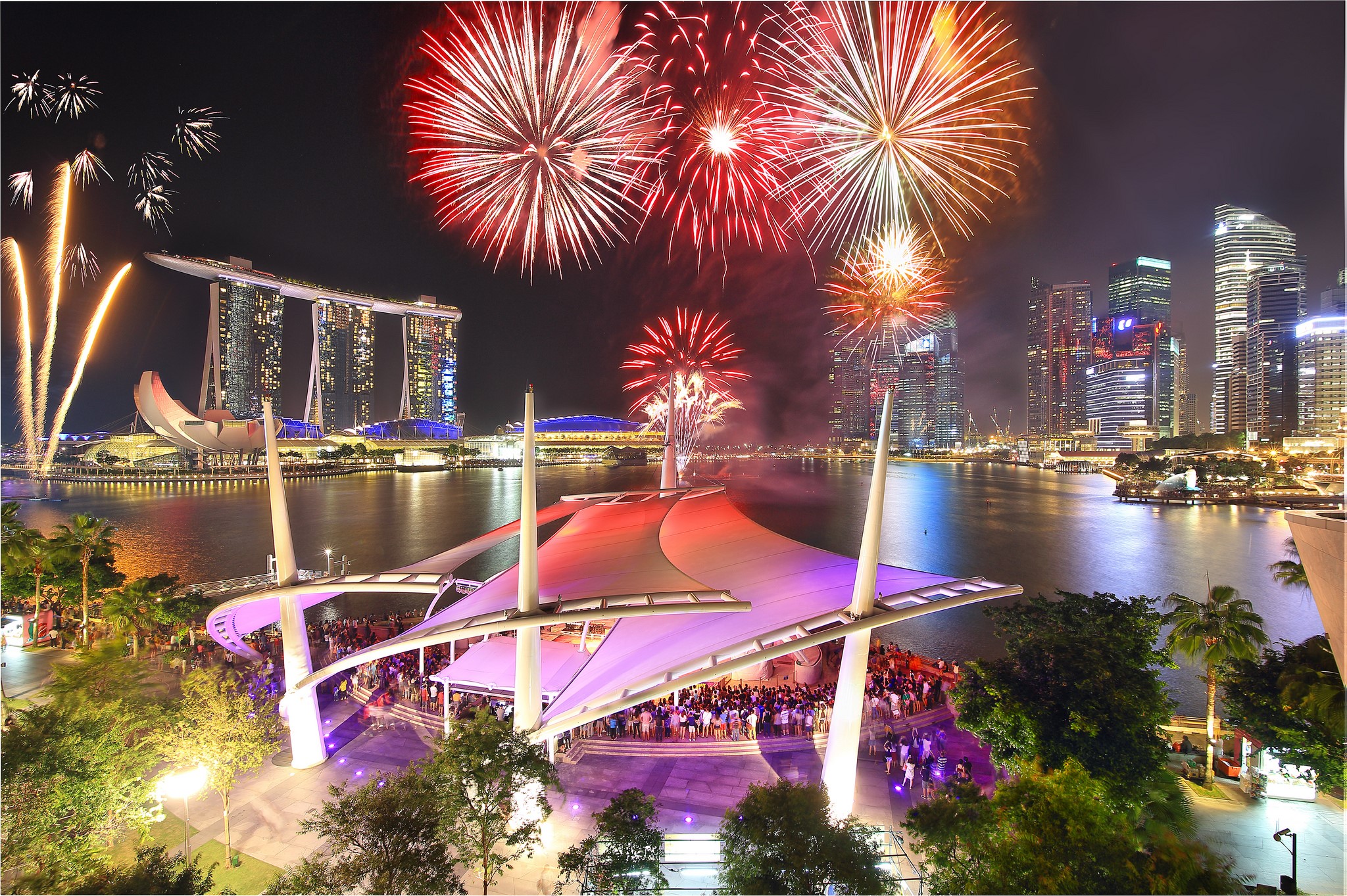
Singapore Public Holidays
What are public holidays in Singapore
-
Singapore has 11 gazetted public holidays each year.
-
These holidays reflect Singapore’s multicultural society: religious holidays of the major faiths (Buddhism, Islam, Hinduism, Christianity) plus secular / national days.
-
The dates for some holidays (especially religious ones) are based on lunar or other religious calendars, so they move each year.
Why it matters for expats
-
As an expat working in Singapore, you’re covered by the Employment Act (or relevant work pass/employment contract) and are generally entitled to these public holidays (or compensation if you work on them).
-
Knowing the holiday dates helps you plan travel, family visits, or rest days, especially because some holidays can create long weekends.
-
It’s useful for connecting with local culture: many of the holidays involve traditional celebrations, rituals, food, decorations. Participating or observing can help with integration.
Official Public Holidays (2025 example)
Here are the public holidays in 2025, so you can plan ahead:
| Date | Day | Holiday |
|---|---|---|
| 1 Jan | Wednesday | New Year’s Day |
| 29 Jan | Wednesday | Chinese New Year – Day 1 |
| 30 Jan | Thursday | Chinese New Year – Day 2 |
| 31 Mar | Monday | Hari Raya Puasa (Eid al-Fitr) |
| 18 Apr | Friday | Good Friday |
| 1 May | Thursday | Labour Day |
| 12 May | Monday | Vesak Day |
| 6 Jun | Friday | Hari Raya Haji (Eid al-Adha) |
| 9 Aug | Saturday | National Day |
| 20 Oct | Monday | Deepavali |
| 25 Dec | Thursday | Christmas Day |
Note: If a public holiday falls on a weekend or a non-workday, some companies may provide an offset (“day off-in-lieu”) or extra pay. Check your contract/company policy.
What each holiday means & how locals celebrate
Here’s a quick cultural guide to some of the more prominent holidays:
| Holiday | What it celebrates | Typical ways people observe / what to expect |
|---|---|---|
| Chinese New Year | Start of the lunar calendar year (for Chinese tradition) | Big family reunions, giving “red packets”, lion & dragon dances, street decorations (especially in Chinatown), lots of festive food. Shops/malls often have special hours; traffic and crowds are heavy. |
| Hari Raya Puasa (Eid al-Fitr) | End of Ramadan fasting for Muslims | Muslims gather for prayers, visit family & friends, feasting, giving charity. Some decorations, bazaar-style food stalls. |
| Vesak Day | Commemoration of Buddha’s birth, enlightenment, and death (for Buddhists) | Temples have offerings, lights, prayers; many do acts of charity, vegetarian meals or food fairs. |
| Hari Raya Haji | Also known as Eid al-Adha; commemorates the willingness of Ibrahim (Abraham) to sacrifice his son; tied to the Hajj pilgrimage in Islam. | Similar communal prayers, sacrifice, sharing food, gathering with family. |
| Deepavali (Diwali) | Hindu Festival of Lights: victory of light over darkness, knowledge over ignorance. | Homes and streets in Hindu neighbourhoods (esp. Little India) are decorated with lamps, rangoli, lights; families gather, exchange sweets, gifts. |
| National Day | Singapore’s independence (9 August 1965) | National Day Parade, fireworks, patriotic decorations, singing the national anthem, community events. Many Singaporeans take this day off to reflect or celebrate progress. |
Practical tips for expats
-
Check your work pass / employment contract to see how public holidays are handled (especially if you work weekends or shift hours). Some companies give “in lieu” days; others pay overtime.
-
Plan travel early, especially for Chinese New Year and Deepavali — airfare and hotels, both domestic and overseas, tend to spike.
-
Expect altered business hours: Banks, government offices, post offices, often closed. Some restaurants / shops may operate but with modified hours.
-
Transport & convenience: Public transport still runs, but maybe less frequent in some cases.
-
Cultural sensitivity: These holidays are meaningful to many people. If you’re a guest at someone’s home during a religious holiday, read up on customs (e.g. dress modestly, bring a small gift, remove shoes, etc.).
-
Use holidays to explore culture: Visit temples/churches/mosques, attend public festivals or street events to get more immersed.
-
Make the most of long weekends / stacking leaves: Since many holidays fall with some buffer days, you can often plan longer breaks with minimal leave days. See the 2025 long-weekend patterns as an example.
Looking ahead: 2026 & beyond
-
Public holiday dates will shift each year for the lunar/religious-based ones. Singapore’s Ministry of Manpower publishes the annual public holiday list.
-
Watch for one-off declared holidays (for example, elections) which aren’t part of the usual 11.